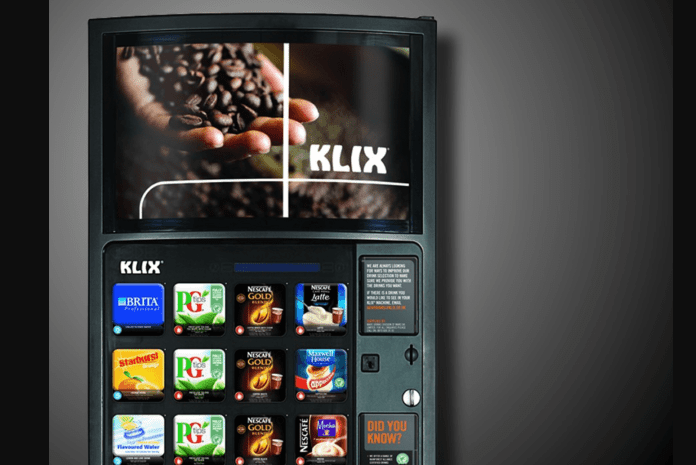Mars Drinks, part of global manufacturer and distributer of food and beverage products Mars Incorporated, is using internet of things technologies to improve the performance of its vending machines.
The company initiated a pilot project in Germany with its KLIX vending machines. Initially, the primary goals were to use predictive analytics and collect real-time data to avert downtime and reduce instances of out-of-stock products. The company began working with a German IoT vendor to collect telemetry information.
However, after the initial pilot period, Mars Drinks realized it wanted a global solution, which required a different technology platform.
“We wanted to use IoT technologies to improve operational efficiency for our partners in the field. And while achieving that for our European business, we also wanted to build a platform that was scalable and flexible enough to meet future strategic requirements for customers across all markets,” said Mars Drinks CIO Jamie Head.
Mars Drinks executives visited the Microsoft campus in Redmond, Washington, and learned about the Microsoft Azure platform’s IoT and analytics capabilities. Following the initial visit, company executives met with Microsoft partner Neal Analytics and decided to run a proof of concept with Mars Drinks KLIX vending machines and Azure. Using components in the Azure IoT Suite, Cortana Intelligence Suite and Power BI, the Mars Drinks and Neal Analytics teams created a solution dubbed the Global Platform for Advanced Analytics.
Then, the team identified three use cases for exploring the new platform’s capabilities and began analyzing three years of historical data along with real-time information from vending machines. The two companies realized the solution would enable far more than predictive maintenance by providing insight throughout its entire value chain, from vending machines and other equipment to distributors, customers and workplace consumers.
For example, the new solution allowed operators who restock machines to gain workflow efficiencies including route optimizations as well as real-time insight into machine performance and stock levels.
“The analytics platform based on Azure helps us to deliver a better service to our customers,” said Head. “We achieve this by using the information the platform provides to identify the optimum time to stock and service Mars Drinks machines. We give this information to our operators as simple, actionable data that can be acted upon straightaway, helping them to add efficiency to their business and identify areas where improvements can be made.”
The IoT solution also enables the company to obtain consumer behavior by integrating diverse data sources including telemetry information from machines, weather data, holidays and even moon cycles. “We can now easily compare a three-year historical view of weather patterns with our sales data. This means we can optimize our menu to ensure that our vending machines are stocked appropriately for the season,” Head added.
Mars Drinks said the implementation of the Azure IoT platform allowed the firm to improve operational efficiency, drive business insights and support global expansion across its markets. The company confirmed plans to extend the analytics platform beyond the initial trial in Germany.
“The world of work is changing rapidly,” said Head. “As more organizations look towards the workplace and workplace beverages to create environments that are vibrant and alive with potential, we can use data to add significant value. Putting machines online, considering how a space is used, and looking at people’s beverage consumption will unlock a wealth of information that we haven’t been able to easily access before.”

